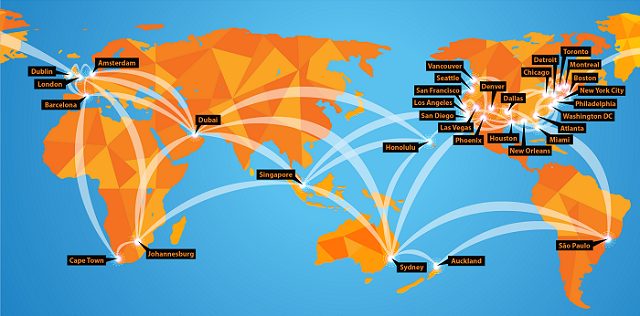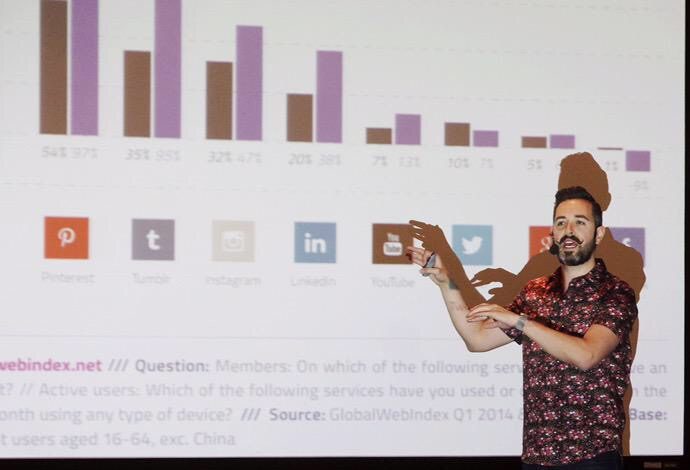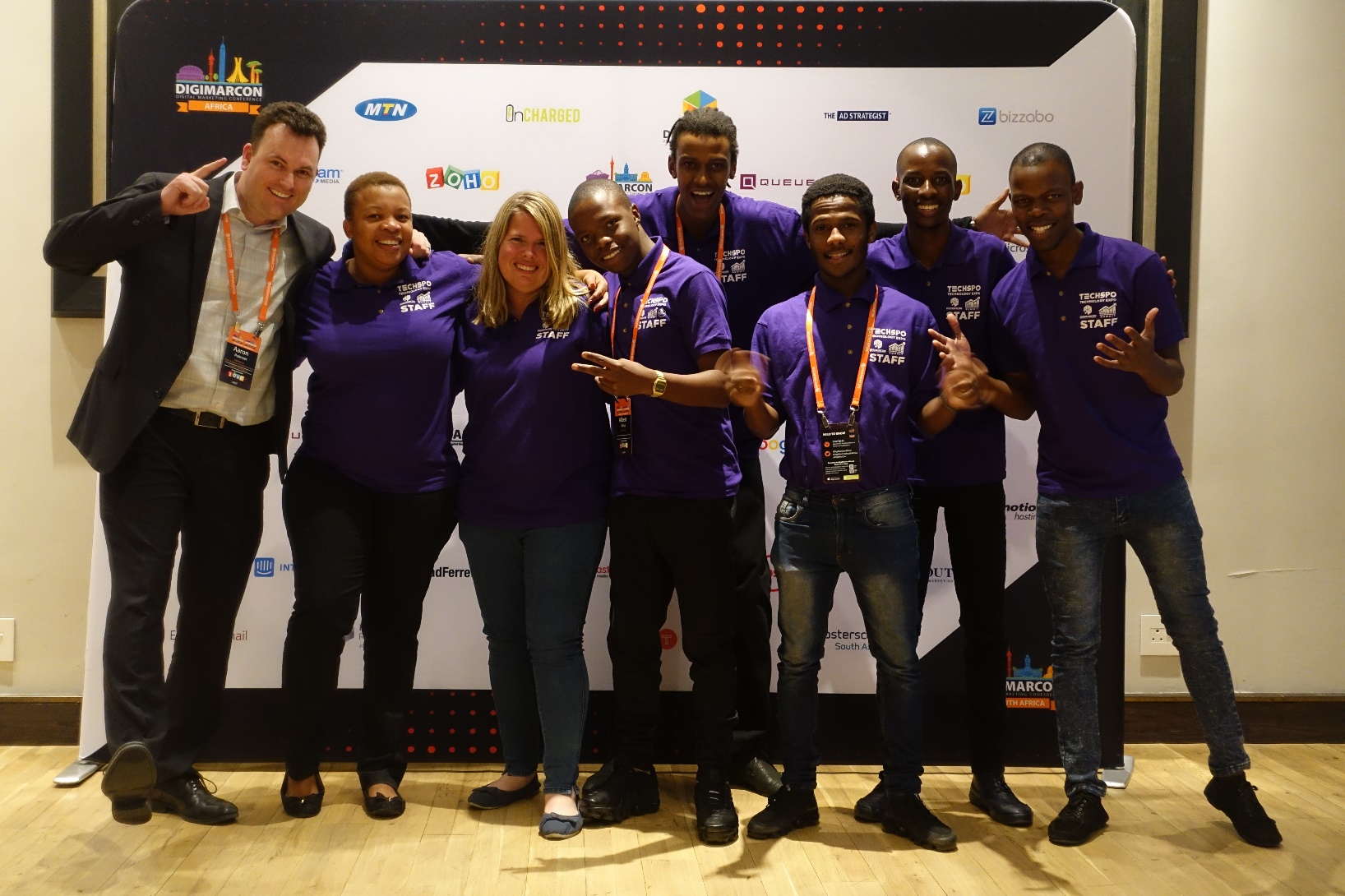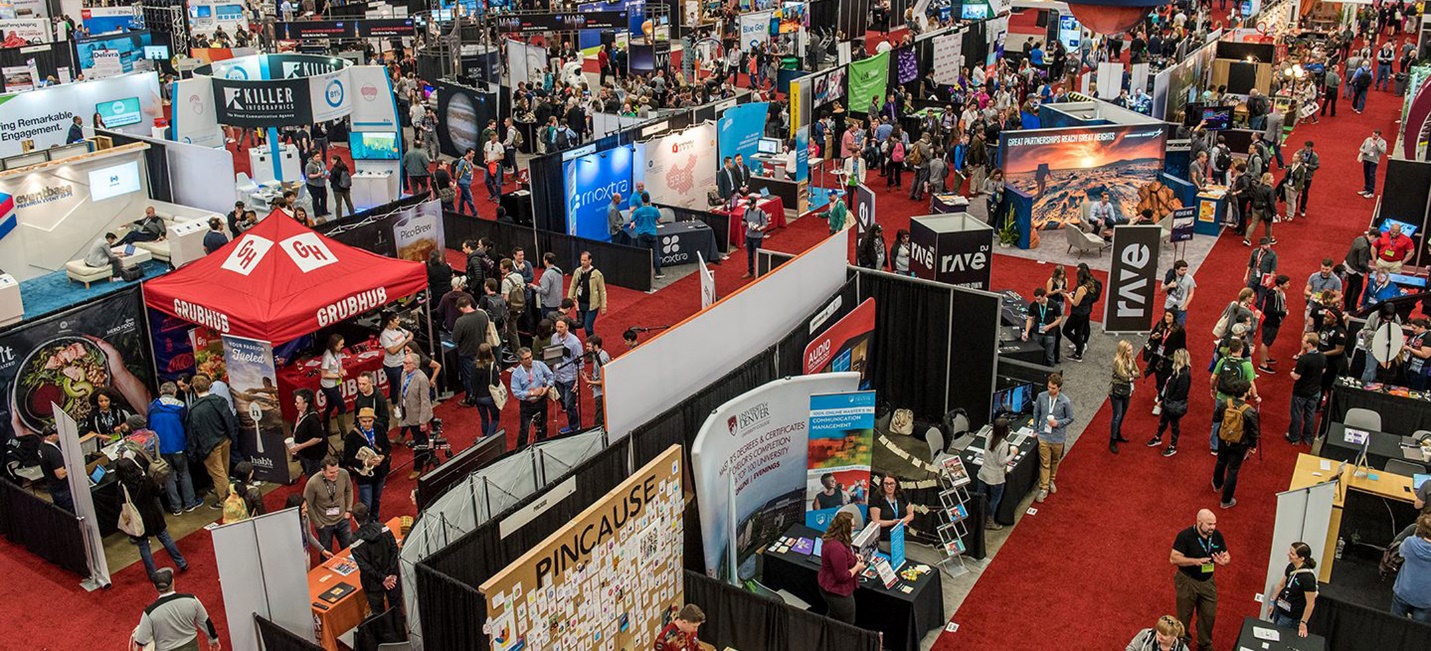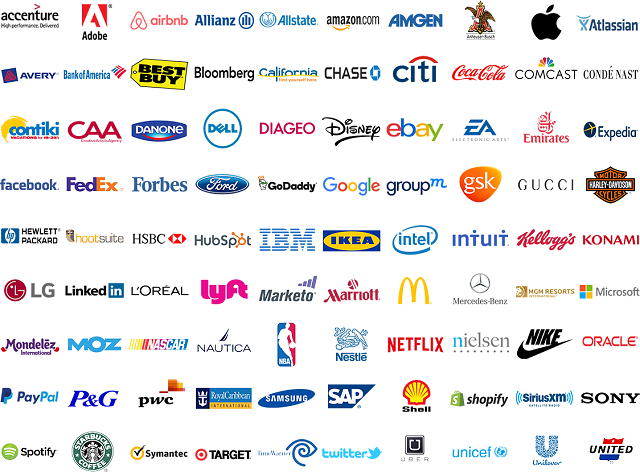These Are the Top Types of Influencer Content That Drive Sales and Influence Purchase Decisions
By Alex White Would you trust a mechanic or an actor for car-buying advice? One has expertise, the other has fame — but both are influencers shaping purchase decisions.
From the first century, where religious figures influenced people toward ethical living, to Josiah Wedgwood leveraging royal connections to sell pottery, to Kim Kardashian marketing bodysuits … history has always seen figures using their credibility to sell something. Whether it’s an idea, a product, or a movement, the core principles of influence remain unchanged.
While currency, technology, and advertising methods have evolved, human buying motivators dating back to 6000 BCE have largely stayed the same. And in 2025, the game remains unchanged: driving sales and influencing buyer decisions is still the goal. What has evolved, however, is the type of influencer content that resonates with audiences.
Why influencer content resonates with buyers
Consider this: SaaS giant ServiceNow recently tested two different ads — one featuring British actor Idris Elba and another showcasing LinkedIn content creator and thought leader Ankur Warikoo. Which do you think performed better? The actor or the subject matter expert?
While both were advertisements, Warikoo had demonstrated expertise in the field and had previously advocated for the product. He was paid to create content, not just to endorse a brand with a scripted line. This is why influencer content consistently outperforms traditional branded content — audiences trust subject matter experts more than celebrity endorsements.
In fact, consumers are more likely to make a purchasing decision after seeing an influencer ad versus a traditional brand advertisement. According to G2, 60% of marketers believe influencer-generated posts perform better than branded content.
Social media posts (56% of those surveyed) are currently the most effective content type for B2B marketing influencer programs, according to the 2025 B2B Influencer Research Report.
“I like to think about how I can bring influencers into every aspect of our marketing efforts. In my experience, social media posts, live streams, webinar hosting, and newsletters are the most effective content types.” – Nic Michael, Senior Manager of Social Media & Influencer Marketing, DataRobot
Psychological triggers in influencer content
At our core, human psychology influences every purchase decision we make. Three main triggers drive buying behavior:
1. Social proof
If you followed the NFL in the late 2010s, you might recall nearly every athlete sporting Beats by Dre headphones, fueling massive demand. That’s social proof — a psychological phenomenon that ensures people follow the crowd. When influential figures use a product, it inherently builds credibility.
69% of respondents are likely to trust a friend, family member or influencer recommendation over information coming directly from a brand (Matter)
2. Scarcity
How many influencer ads have you seen promoting early-bird tickets before major conferences like Dreamforce or Adobe Summit? Limited-time offers create a sense of urgency, prompting audiences to act quickly.
Approximately 60% of consumers have made purchases driven by FOMO, with many acting within 24 hours of encountering a product or offer. (ConvertMate)
3. Reciprocity
Brands and influencers often offer something valuable — like a free trial, exclusive content, or a discount — in exchange for engagement. This triggers an innate …read more
Source:: Top Rank Blog




